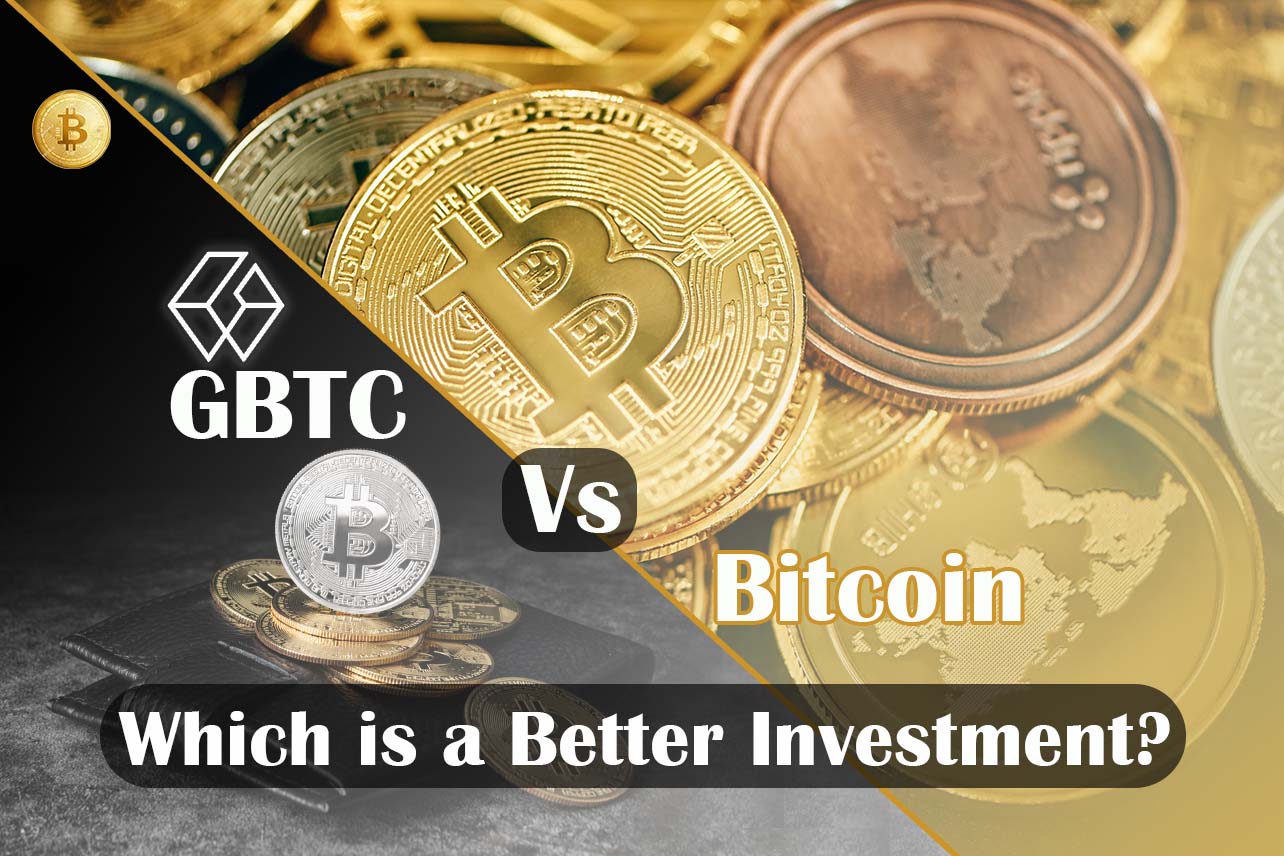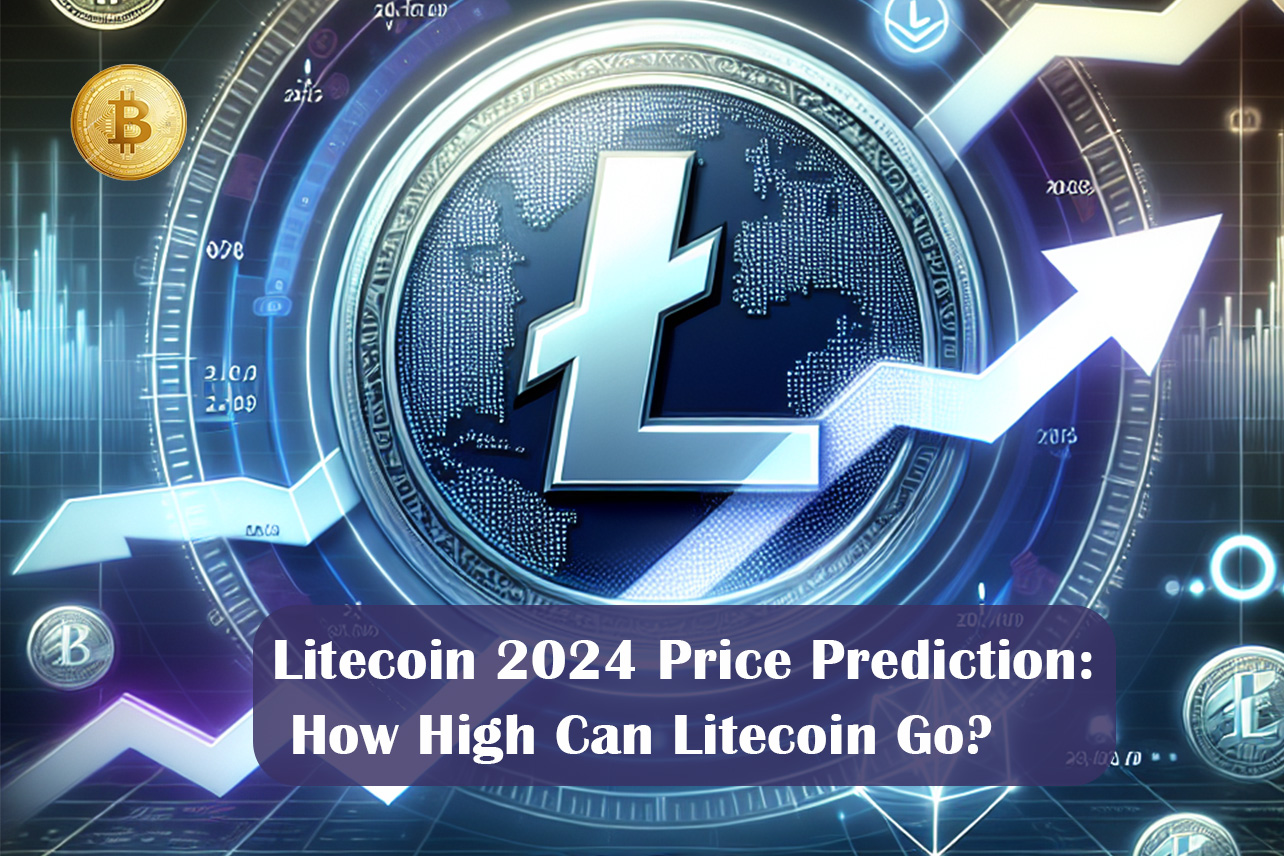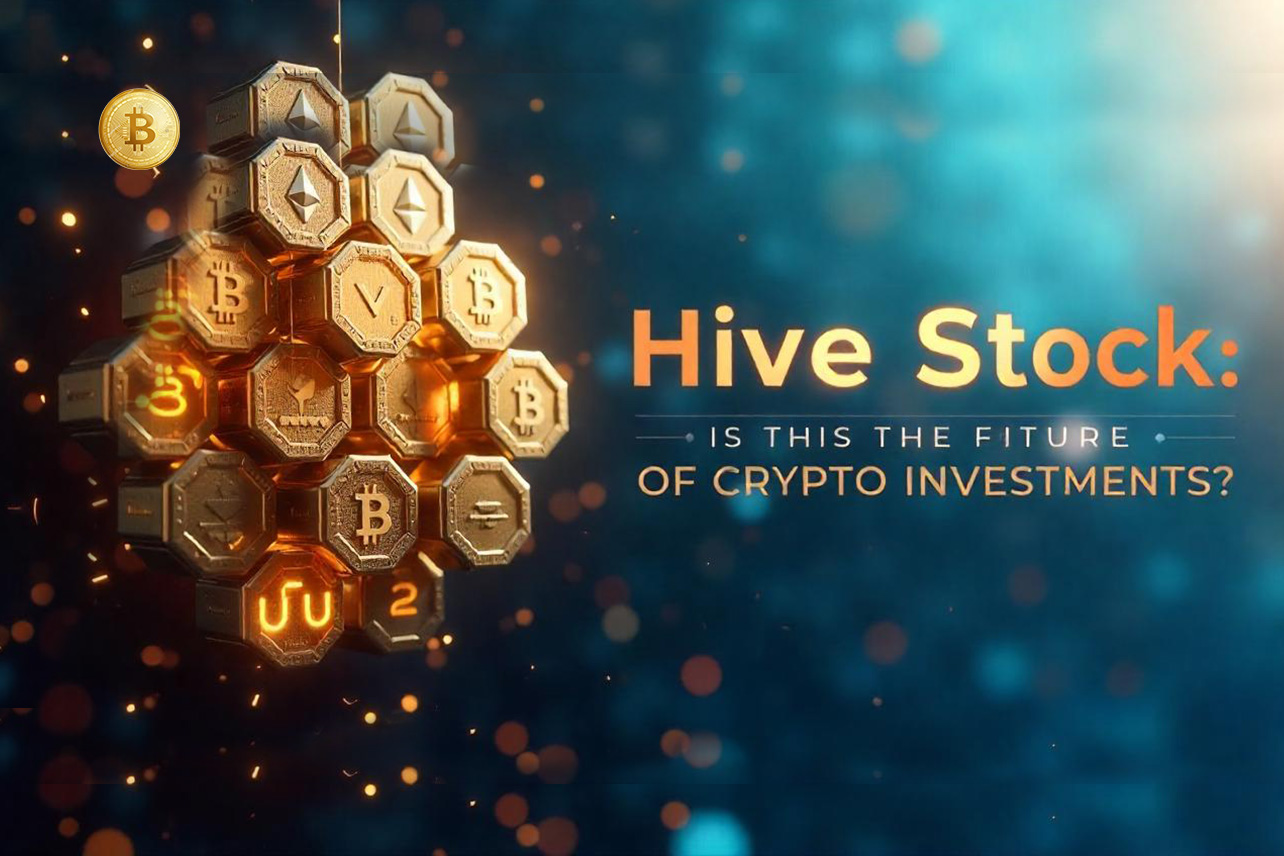GBTC Stock vs. Bitcoin: Which is a Better Investment?

Investors have long debated the merits of GBTC stock versus holding Bitcoin directly. With Bitcoin being the pioneer of cryptocurrencies, it has garnered significant attention, while GBTC stock (Grayscale Bitcoin Trust) offers a more traditional vehicle for those wanting Bitcoin exposure through the stock market. But which is the better investment? Let’s dive into the pros and cons of each option, explore key metrics like GBTC stock price, GBTC discount, and ultimately, help you make a more informed decision.
Table of Contents
- What is GBTC Stock?
- How Does GBTC Work?
- GBTC Stock vs. Bitcoin: Key Differences
- The GBTC Discount Explained
- GBTC Stock Price Trends
- Bitcoin’s Volatility and Its Impact
- Liquidity and Accessibility: GBTC vs. Bitcoin
- Tax Implications of GBTC vs. Bitcoin
- GBTC or Bitcoin: Which One Should You Choose?
- FAQs
1. What is GBTC Stock?
GBTC stock, or Grayscale Bitcoin Trust, is a financial product offered by Grayscale Investments that allows investors to gain exposure to Bitcoin without directly owning it. The shares are backed by actual Bitcoin holdings, and each share represents a fraction of Bitcoin. Investors can purchase shares of GBTC through their brokerage accounts just like any other stock, which makes it a more accessible option for those who might not be comfortable navigating cryptocurrency exchanges.
The key takeaway: GBTC acts as a bridge between traditional financial markets and Bitcoin, making it easier for individuals and institutions to invest in Bitcoin without the need to store or manage the cryptocurrency themselves.
2. How Does GBTC Work?
Unlike buying Bitcoin directly from a cryptocurrency exchange, GBTC operates as a trust. The trust holds a certain amount of Bitcoin on behalf of its investors. Investors buy shares in the trust, with each share reflecting a portion of the Bitcoin held. This offers several conveniences:
- Simplicity: No need to worry about digital wallets, security keys, or the technicalities of storing cryptocurrency.
- Accessibility: GBTC is available for trade during regular stock market hours and is easily integrated into retirement accounts like IRAs.
However, there’s a catch: management fees. GBTC charges a 2% annual management fee, which can eat into long-term returns.
3. GBTC Stock vs. Bitcoin: Key Differences
While both GBTC and Bitcoin provide exposure to the digital currency market, they operate differently:
- Ownership: With Bitcoin, you directly own the asset. GBTC investors own shares in a trust that holds Bitcoin.
- Management Fees: Bitcoin has no holding fees, whereas GBTC comes with a 2% annual management fee.
- Pricing: Bitcoin’s price is determined by the market, while GBTC shares can trade at a premium or discount to Bitcoin’s actual price.
These differences are crucial when considering which option aligns better with your investment goals.
4. The GBTC Discount Explained
One of the most debated aspects of GBTC is the GBTC discount or premium. The trust has historically traded at either a premium or a discount compared to the price of Bitcoin. In recent years, a significant discount has emerged, meaning that GBTC shares are trading below the value of the Bitcoin they represent.
Why Does This Happen?
There are a few reasons why GBTC might trade at a discount:
- Demand and Supply Mismatch: Since GBTC is a trust and not an exchange-traded fund (ETF), shares cannot be created or redeemed at will. This can lead to mismatches between supply and demand, causing a discount.
- ETF Expectations: Investors have long speculated that Grayscale might convert GBTC into an ETF, which would allow for more accurate pricing relative to Bitcoin. These expectations have affected how GBTC trades, especially when rumors of approval (or lack thereof) surface.
For investors, this discount can be both an opportunity and a risk. If GBTC’s discount narrows, those holding the stock could see additional gains. However, if the discount widens, the stock may underperform Bitcoin even as the price of the cryptocurrency rises.
5. GBTC Stock Price Trends
Historically, GBTC stock price has followed the broader trends of Bitcoin but with some notable divergences due to the discount or premium mentioned above. When Bitcoin surged in 2021, GBTC also saw significant price appreciation, but the stock has since traded at a steep discount to Bitcoin’s spot price.
As of the latest updates, GBTC remains a discounted play on Bitcoin. For those betting on a resurgence in demand or an eventual conversion to an ETF, this could represent an attractive buying opportunity. However, as always, investors must weigh the risks of volatility.
6. Bitcoin’s Volatility and Its Impact
It’s impossible to discuss Bitcoin without acknowledging its infamous volatility. Bitcoin can experience sharp swings in value over short periods, which can be unsettling for investors who are used to more traditional assets like stocks or bonds.
GBTC, while less volatile than holding Bitcoin directly, still reflects much of Bitcoin’s price movement. During periods of Bitcoin’s extreme volatility, GBTC stock can also experience wild price fluctuations.
For example, in 2021, when Bitcoin reached all-time highs, GBTC saw a surge in price but also followed Bitcoin’s steep declines. The result? Both gains and losses for investors who timed the market incorrectly.
7. Liquidity and Accessibility: GBTC vs. Bitcoin
When considering liquidity, both Bitcoin and GBTC have their pros and cons.
- Bitcoin Liquidity: Bitcoin is traded 24/7 across global exchanges. This constant trading environment means Bitcoin is more liquid, allowing investors to buy or sell at any time.
- GBTC Liquidity: GBTC, on the other hand, trades only during standard stock market hours. This limited trading window may not suit all investors, especially those seeking immediate liquidity during high-volatility events.
However, for traditional investors, GBTC’s accessibility through regular brokerage accounts, retirement accounts, and tax-advantaged investment vehicles can outweigh the limited trading hours.
8. Tax Implications of GBTC vs. Bitcoin
Tax treatment is another key consideration when deciding between GBTC and Bitcoin.
- GBTC: Treated like a stock, any profits or losses from the sale of GBTC are subject to capital gains taxes. This can be advantageous if held in tax-advantaged accounts like IRAs or 401(k)s, as the gains can grow tax-free.
- Bitcoin: Bitcoin, on the other hand, is treated as property by the IRS. Every time Bitcoin is sold or exchanged, it triggers a taxable event, which can lead to complications during tax season.
For those who want exposure to Bitcoin without the headache of navigating the tax complexities, GBTC might be the simpler option.
9. GBTC or Bitcoin: Which One Should You Choose?
At the end of the day, the choice between GBTC stock and Bitcoin comes down to your investment goals and risk tolerance.
- Choose GBTC if:
- You prefer the convenience of traditional stock market investing.
- You’re looking to invest through retirement accounts.
- You want to avoid the complexities of storing and securing Bitcoin.
- Choose Bitcoin if:
- You want direct ownership and control over your assets.
- You’re comfortable navigating cryptocurrency exchanges.
- You’re prepared for higher volatility in exchange for greater potential rewards.
Final Thoughts
When it comes to choosing between **GBTC stock** and Bitcoin, both options offer distinct advantages and risks. GBTC provides a more traditional, accessible way for investors to gain exposure to Bitcoin, complete with the benefits of trading through regular brokerage accounts and tax-advantaged accounts like IRAs. However, the **GBTC discount** and the 2% management fee add layers of complexity that could impact long-term returns.
On the other hand, holding Bitcoin directly grants full ownership and control, without the overhead costs of GBTC. But with this freedom comes increased responsibility for security and navigating tax implications.
Ultimately, the decision hinges on your investment style. If you prefer simplicity and the ability to integrate Bitcoin exposure into a broader portfolio with minimal hassle, **GBTC stock** might be your best bet. However, if you’re a hands-on investor seeking direct ownership and potential for higher long-term gains, Bitcoin may be the better choice—provided you’re prepared for its volatility.
Whichever path you choose, it’s essential to stay informed about the broader market conditions, including the **GBTC price** trends and Bitcoin’s ever-changing landscape. Both options provide exposure to one of the most revolutionary assets of our time, so the real challenge lies in aligning the investment with your personal goals and risk tolerance.



